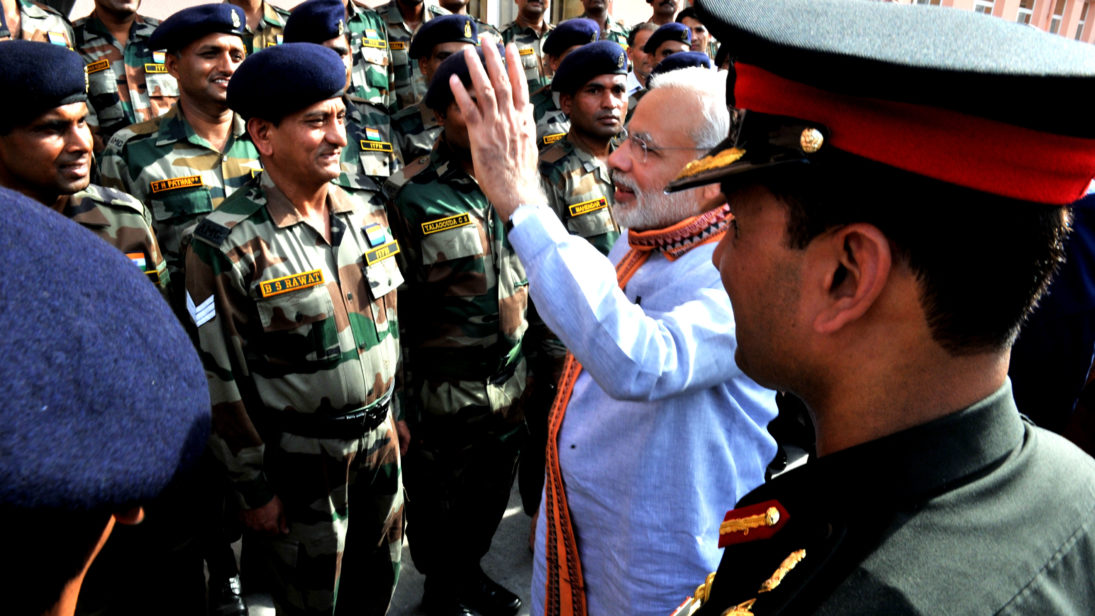
In Societies and Military Power: India and its Armies (1996), Stephen Peter Rosen analyzes how the structure of a society – as opposed to “culture” – impacts its military power. Using the history of the Indian armed forces as a case study, he argues that societal structure, mirrored in the armed forces, can contribute to or inhibit a country’s ability to build and project military power.
Rosen describes social structure as “a broad term that includes such entities as social classes, occupational specialization, caste organizations, tribes, and perhaps even gender. Such structures are the sub-units of society with which people identify and to which they give their loyalties.” He contends that while in some cases it may, social structure does not necessarily proceed from culture – for example, in Marxism, the dominant structure (class) is functional, and proceeds from the relationship to the means of production. But, “whether they are the product of subjective beliefs of the members of the community or the product of objective economic forces… one can observe to what groups people belong, with whom they interact socially, and for what goals they are willing to make sacrifices.”
He argues that:
“Social structures that lead to divisiveness in the society as a whole, in particular, can reduce the military power that can be generated from a given quantity of material resources. The division of society into social structures that do not share common loyalties will be more relevant to the ability to generate military power to the extent that those social structures engage in militarily relevant activities… The social structures in the political unit also affect the amount of military power that can be generated by creating divisions internal to the military itself if divisive social structures are replicated within the military. The possibility of isolating military organizations from society creates an additional element… The less a military organization reflects the structures of the society… the more the military will be perceived as an alien element in society… this can lead to distrust of the military by the society of its leaders, which can reduce the military power available to the state.”
What’s your take?
***